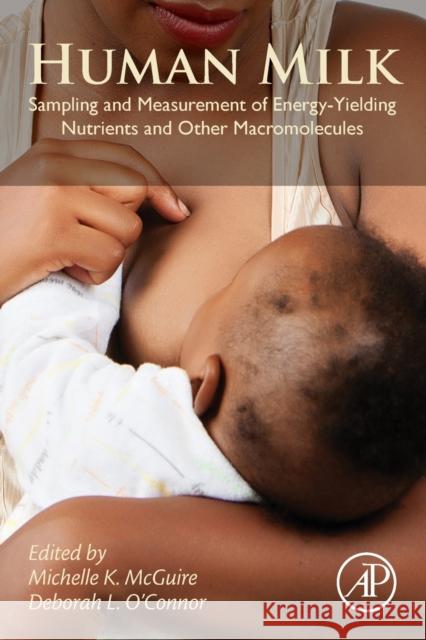Human Milk: Sampling and Measurement of Energy-Yielding Nutrients and Other Macromolecules » książka
topmenu
Human Milk: Sampling and Measurement of Energy-Yielding Nutrients and Other Macromolecules
ISBN-13: 9780128153505 / Angielski / Miękka / 2020 / 496 str.
Kategorie:
Kategorie BISAC:
Wydawca:
Academic Press
Język:
Angielski
ISBN-13:
9780128153505
Rok wydania:
2020
Ilość stron:
496
Waga:
0.56 kg
Wymiary:
22.86 x 15.24 x 2.21
Oprawa:
Miękka
Wolumenów:
01
Dodatkowe informacje:
Bibliografia











